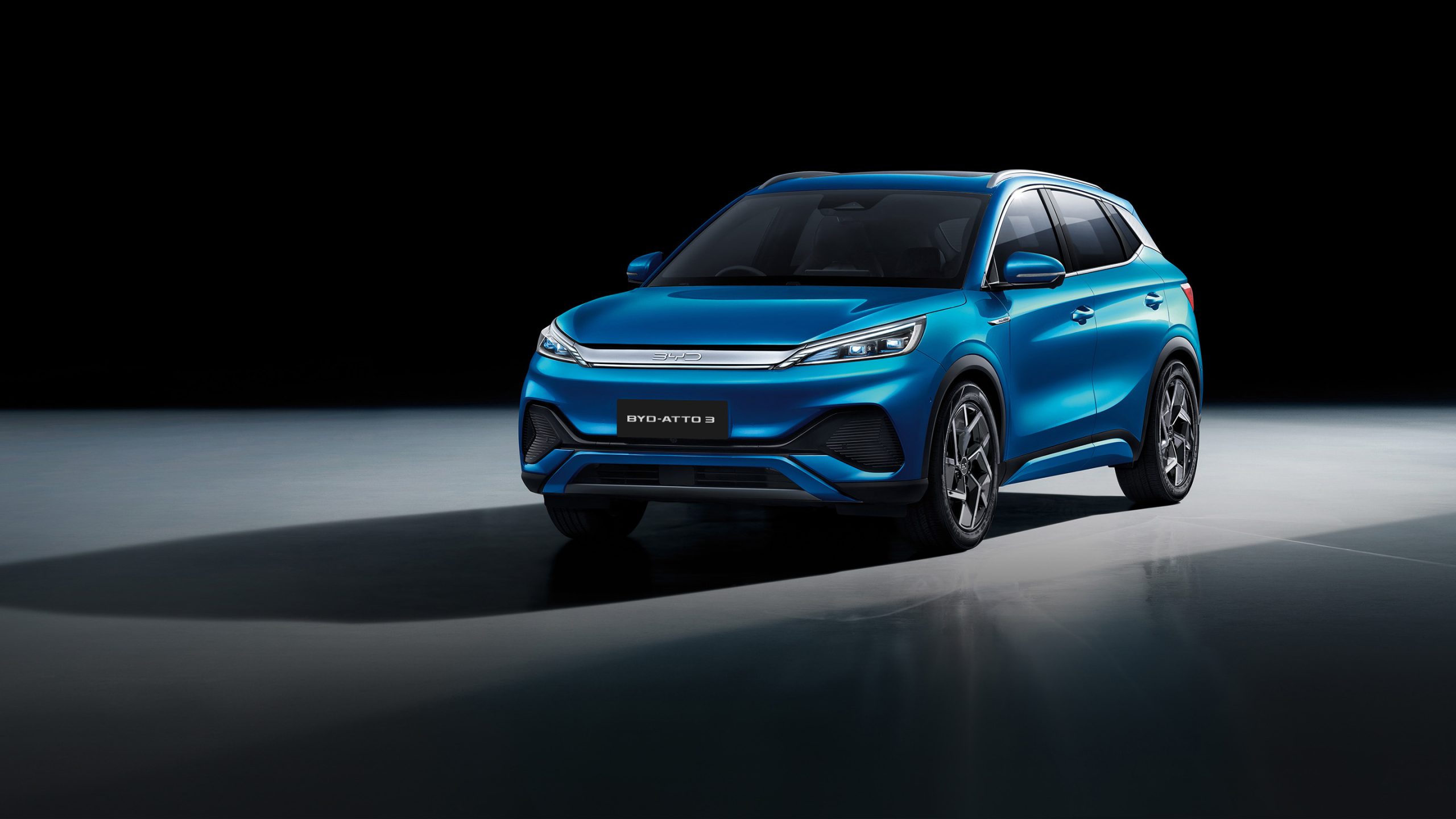Concerns are mounting within the U.S. auto industry as Chinese automakers explore establishing factories in Mexico, potentially bypassing U.S. tariffs. However, there may be some relief as BYD, a leading contender from China, indicates it currently has no plans to venture into the U.S. market, at least for the time being.
Despite BYD’s significant global presence, particularly evident by surpassing Tesla in EV sales volume by the end of 2023, the majority of its sales remain within China.
While BYD and other Chinese automakers are eyeing expansion into export markets like Australia, Brazil, and Europe, their interest in Mexico extends beyond tariff evasion, as highlighted by BYD’s executive vice president, Stella Li.
“We’re not planning to come to the U.S.,” Li stated to Yahoo! Finance, emphasizing the market’s complexity. She clarified BYD’s strategy, focusing on the local market within Mexico rather than considering expansion into the northern states.
The perceived threat posed by the Chinese auto industry has prompted discussions within the White House about imposing additional regulations alongside existing import tariffs.
Proposed measures include restrictions on the origins of electronics used in connected cars due to surveillance apprehensions. This heightened concern is reflective of the broader apprehension regarding China’s ascendancy within the auto industry.

Stellantis CEO Carlos Tavares likened China’s rise to that of Japan and Korea decades ago, expressing concern similar to that of Tesla CEO Elon Musk, who fears Chinese automakers could disrupt the Western auto industry.
The Alliance for American Manufacturing has labeled China an “existential threat.” Some automakers, such as Ford, are responding proactively by expediting the development of affordable EVs to counter potential competition.
Despite these apprehensions, Li believes there may be an overreaction within the industry. She suggests that excessive concern about Chinese competition and reliance on trade protection may not necessarily benefit companies.
Li emphasizes the competitiveness of the Chinese market and expresses confidence that success in such a fiercely competitive environment can translate into success in other countries as well.
Also read: Billionaire Who Once Opposed Tesla Now Invests $600k in Abandoned Roadsters in China

